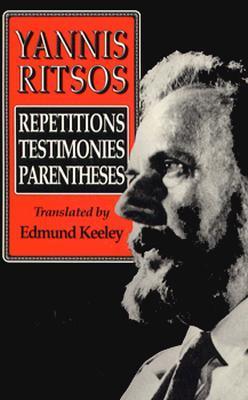Afternoon
The afternoon is all fallen plaster, black stones, dry thorns.
The afternoon has a difficult color made up
of old footsteps halted in mid-stride,
of old jars buried in the courtyard, covered by fatigue and straw.
Two killed, five killed, twelve -- so very many.
Each hour has its killing.
Behind the windows stand those who are missing,
and the jug full of water they didn't drink.
And that star that fell at the edge of evening
is like the severed ear that doesn't hear the crickets,
doesn't hear our excuses -- doesn't condescend to hear out songs--
alone, alone, alone, cut off totally, indifferent to condemnation or vindication.

